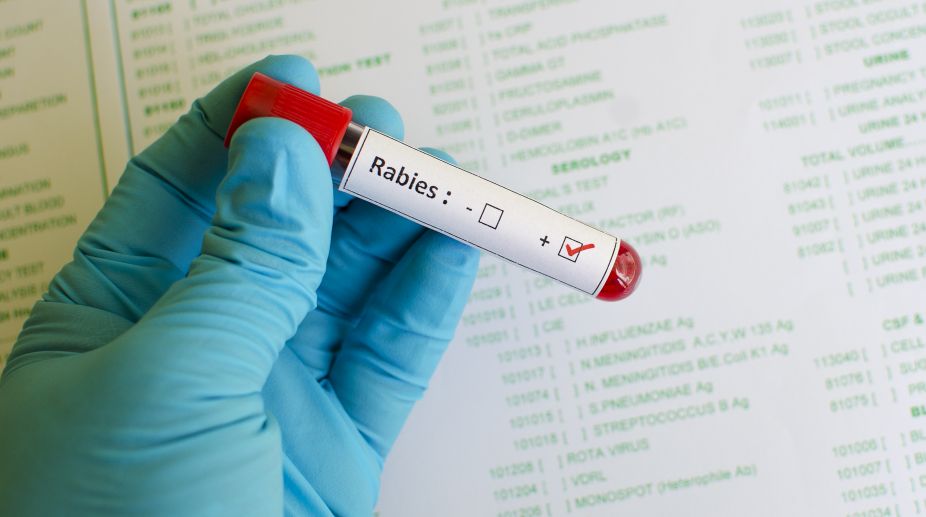My Health My Right the theme for world health day this year
World Health Day is an annual global health awareness campaign celebrated on 7 April, organised by the World Health Organization (WHO).
Hill farmers may heave sigh of relief as Post exposure prophylaxis not advised on consumption of raw milk of rabid cow.

Representational Image (Photo Credits: Getty Images)
In what may come as a relief for rural hill folks thriving on livestock in Himachal Pradesh, the World Health Organisation (WHO) has demystified a myth by holding that consumption of raw milk of a rabid cow does not constitute exposure to rabies.
“Infectious Rabies virus has not been isolated from the milk of rabid cows and no human rabies cases have been attributed to consumption of raw milk. Although drinking raw milk from a rabid animal is not advised, there is no evidence that this results in exposure to rabies virus, and Post Exposure Prophylaxis (PEP) is not advised,” the WHO Expert Consultation on Rabies (Technical Report Series-1012) 2018 mentions.
The WHO also clarifies that the milk that has been pasteurised presents no risk of rabies virus transmission.
Advertisement
The 195 paged TRS, which carries WHO recommendations for Rabies Prophylaxis, a copy of which is with The Statesman, was released on Friday last.
This clears much air on the issue, which has been coming to notice in Himachal Pradesh repeatedly, with cases of people coming to hospitals after drinking cow’s milk in villages quite common.
HP is predominantly a rural and agriculture state with the cattle population also high. The incidence of dogs and mongoose biting the cows is common here. And people get to know about most of such bites only when the animal shows symptoms of rabies and by then they had already consumed their milk.
Following this, they rush to the doctors in panic.
In the absence of clear guidelines earlier, the doctors used to inject Anti-Rabies vaccination (even immunoglobulins (as per body weight) in some parts of the country to such people, who usually came to hospital in panic after the cow died of Rabies.
The medical experts said the latest recommendation would save medicine, money and time, as in many such cases, the doctors are also sent to the field for mass vaccination of people in villages.
“We need to spread the message among doctors and public as in some places in the country, the doctors inject rabies immunoglobulins too to treat the people after they consume rabid cow’s milk,” they said.
The WHO document holds that the human rabies cases due to exposure to rabies virus other than through a bite are extremely rare.
It says rabies can, however, be transmitted by ingestion of experimentally infected animals. “No human cases resulting from consumption of raw meat of rabid animal have been documented. It is not advisable to consume the meat from a rabid animal, particularly if it is raw. PEP should be considered for people who have a category II or III exposure due to processing of meat from a rabid animal.”
Rabies is hundred per cent fatal, but hundred per cent preventable diseases.
Around 59,000 Rabies deaths are reported across the globe every year, out of which 20,000 occur in India. Around 98 per cent Rabies deaths are caused by dogs.
WHO and its partners has endorsed the target of zero human rabies deaths from dog transmitted rabies by 2030.
Advertisement